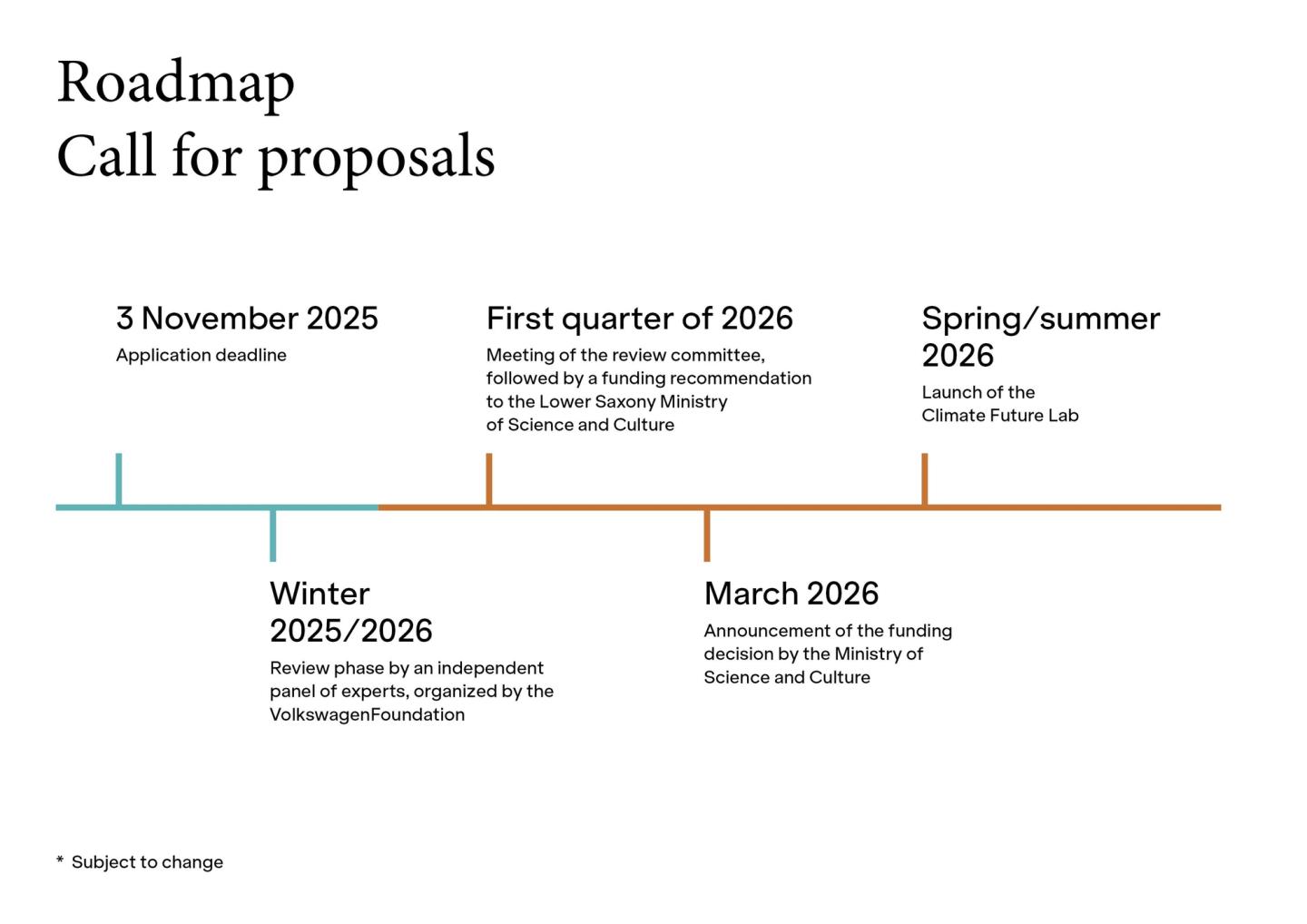Funding programme
On this page, you will find current information on our funding calls.
This year's call for proposals “Long-term strategies for climate-resilient ecosystems and habitats in rural-peripheral regions” is closed. The submitted proposals are currently being reviewed. Sign up for our newsletter to receive all the latest information.

Contact person

Katharina Zickwolf, M.A. / M.A.
Managing Director